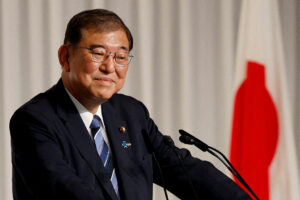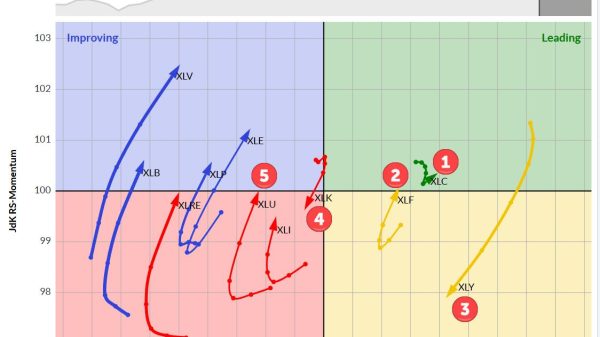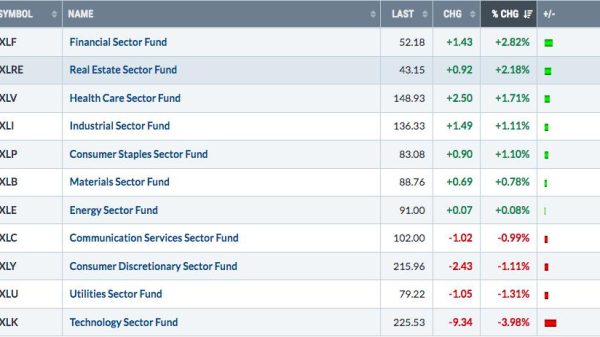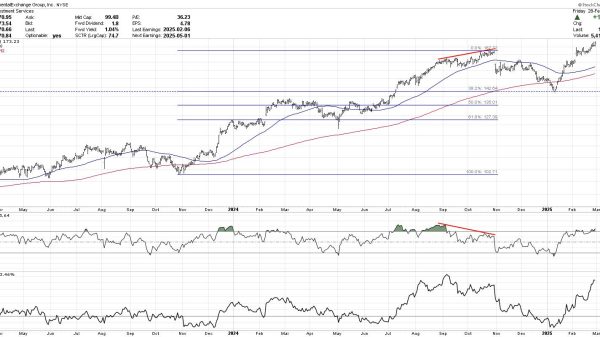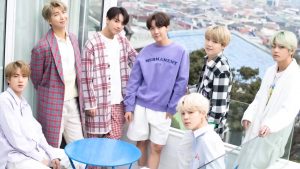SEOUL — The announcement by K-pop mega band BTS that members would serve mandatory military service in South Korea has removed a cloud of uncertainty that has hung over their plans.
Investors in HYBE Co., BTS’ management group, responded to the news by driving its shares up as much as 7.8% on Tuesday.
The relatively shorter break, after the company picked 2025 as the potential date for BTS’ return as a group, also appeared to hearten the market.
“Sales from BTS will not disappear. Members’ individual activities, release of content and photobooks already filmed and older album sales will be highly profitable,” said Ji In-hae, analyst at Shinhan Investment Corp.
“However, with the biggest moneymaker absent, the key (for HYBE) will be how much sales are made from new businesses,” including Ithaca Holdings, Ji added.
A South Korean pop culture phenomenon and success story, BTS have become a worldwide sensation since their 2013 debut. Their upbeat hits and social campaigns aimed at empowering youth catapulted the band as the world’s best-selling artists in 2020 and 2021, according to International Federation of the Phonographic Industry.
As the biggest grossing K-pop act, some 880 billion won ($615.11 million) in sales were generated by BTS in 2021 alone, about 70% of HYBE’s 1.3 trillion won revenue, said Hazell Lee, analyst at NH Investment & Securities.
In 2020, BTS accounted for 730 billion won in sales out of the company’s 796 billion won revenue, she noted.
During the 2020 initial public offering (IPO) of what is now HYBE, the seven members received a total of 64.6 billion won worth of common shares, or 9.23 billion won of shares each based on the IPO price.
Forbes estimated BTS had an annual income of $50 million as of 2020.
BTS’ economic impact will be partly eroded while the members carry out their military service.
The Korea Culture and Tourism Institute estimated that BTS’ 2020 No. 1 hit on the Billboard Hot 100 chart, “Dynamite,” had an economic impact worth 1.7 trillion won including direct sales and exports of related goods such as cosmetics and clothing.
Hyundai Research Institute estimated that BTS’ average annual production impact is about 4.1 trillion won, and the value-added economic effect is about 1.4 trillion won, in a 2018 report.
The relatively short break for the members, however, has set at ease investors and fans alike.
“Demand will be maintained, as the vacuum that will be felt by the fandom is only about one year with members carrying out individual activities while enlisting sequentially,” NH’s Lee said. — Reuters







